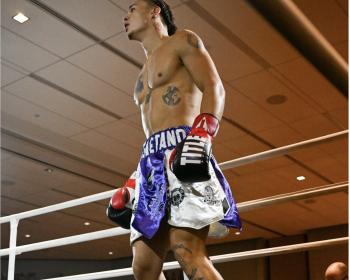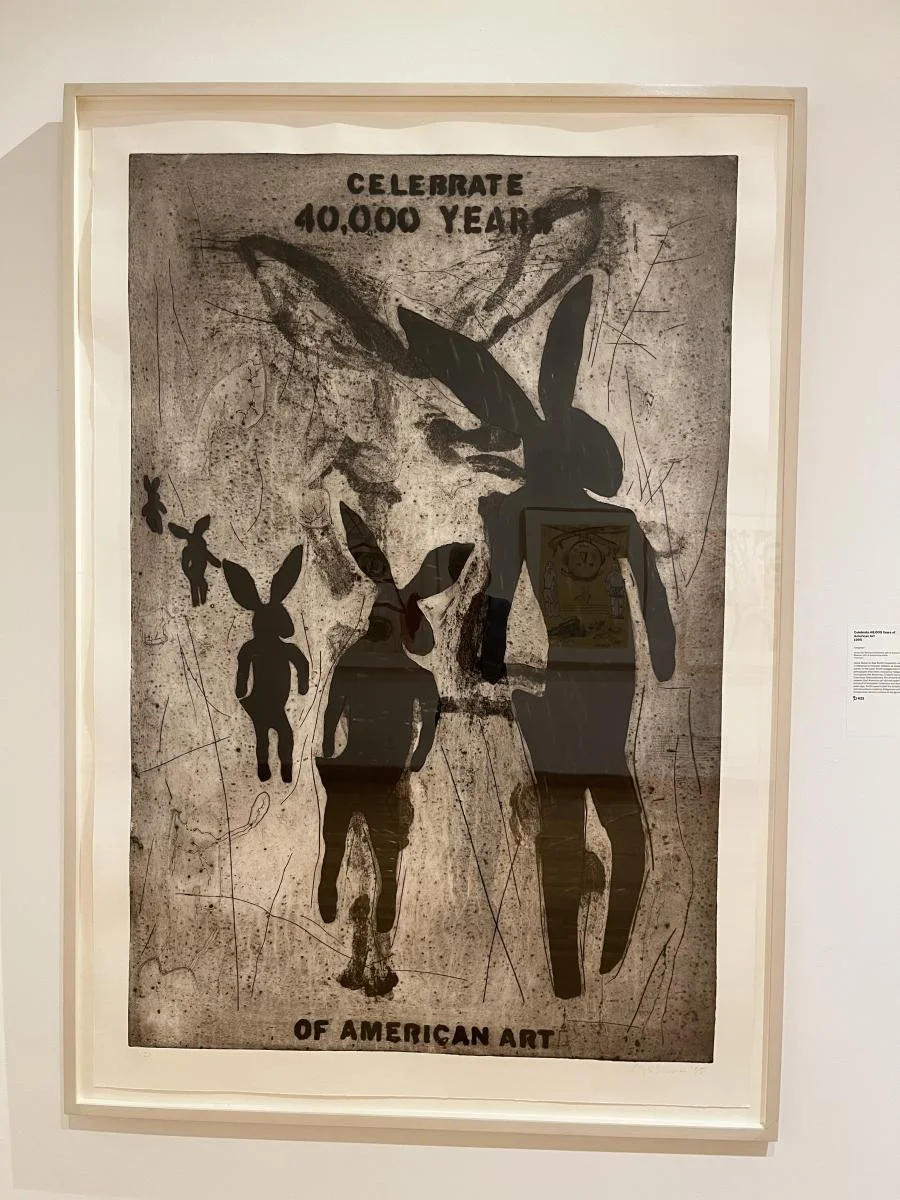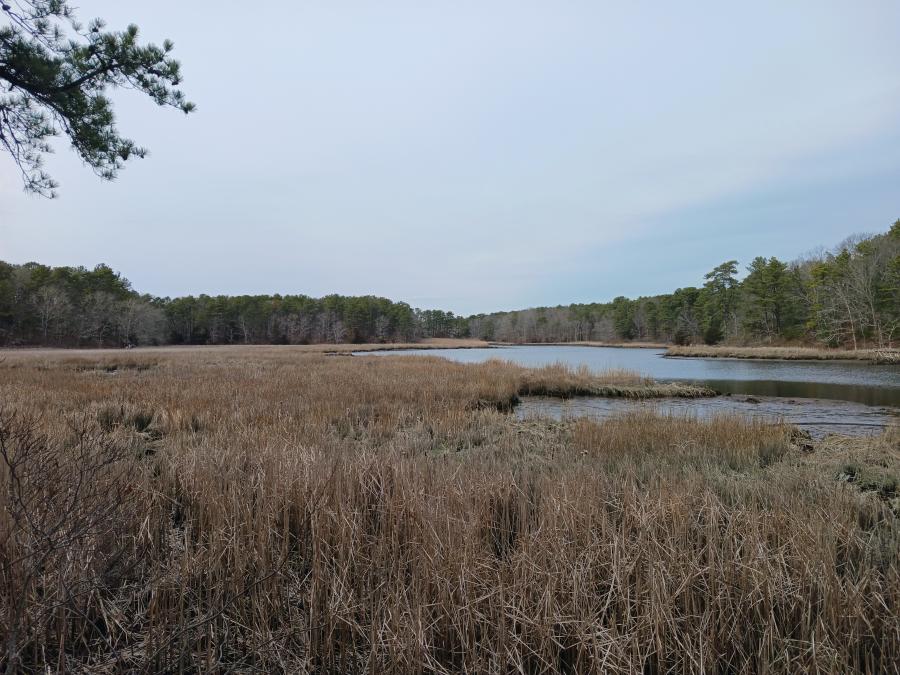On October 21, 1995, Cultural Survival sponsored "Raising the Stakes" Indian Gaming Conference at the Peabody Museum, Harvard University. The event was conceived and coordinated by Directors, Nicholas Ribis and Michelle Traymar, fellows of Cultural Survival. The eight-hour conference was held in order to facilitate dialogue among tribes on the recent controversy over gaming on tribal lands. Representatives from nine tribes (including the Massachusetts Wampanoag, the Connecticut Pequot, the Penobscot of Maine, the Narragansett of Rhode Island, the Ojibway of Minnesota, the Oneida and Seneca of New York) shared their views and concerns about the issues. Over 12 tribes were present in the audience during the conference in which 150 people attended. Amount the themes stemming from the conference were sovereignty, autonomy, economic self-sufficiency, tribal benefits, accountability and diversification.
Native Americans have been recognized as sovereign nations for over 150 years. In 1987, the Supreme Court upheld the right of tribes as sovereign nations to conduct gaming on Indian lands free of state control when similar gaming is permitted by the state outside the reservation for any purpose. However, the controversy has become a hearted inter-and intra-tribal topic, as well as a federal concern. Currently 141 tribes in 25 states operate Class III, or high stakes, gaming enterprises on tribal lands under federally approved state-tribal compacts. They have been authorized through the 1988 Indian Gaming Regulatory Act (IGRA), which affirms the power of tribes to conduct gaming but also infringes upon their sovereignty by giving the states the ability to regulate gaming through the signing of compacts.
Sam Sapiel, a Penobscot from Maine, who works at the North American Indian Center in Boston, Massachusetts, opened the conference. Not opposed to gambling, Sapiel stated, "[Native Americans] must do what they have to do in order to survive." Another speaker, Tim Wapato, Executive Director of the National Gaming Association (NIGA), accused state government of interfering with the sovereign right of Indian tribes to conduct their own economic development ventures, because of the alleged threat to state public policy. He also reiterated the importance of the NIGA in coordinating the political activities of the tribes in defense of their sovereignty rights: "If you stand up and you have one arrow in your hand, you can take that arrow and break it rather easily. But if you have 141 arrows in a bundle, no matter how strong you are, you can't break it. And that's the... theory with NIGA; to have strength through unity that exists."
In Massachusetts, the Wampanoag Indians of Gay Head sought other opportunities to generate income, but were deterred by the lack of funding needed to start up new businesses. A gaming venture became a popular prospect for the tribe because it would ultimately generate enough income for the community to become economically self-sufficient. Beverly Wright, Chair of Wampanoag Tribe of Gay Head, explained: "We could have done a Ben & Jerry's or brought an A&P foodstore onto the island - but all of these things take money. If we wanted to put a business on our tribal lands, since it is in trust, there is no way for a half years ago we decided to put up a gaming facility... When the opportunity arises, we will buy business, we will buy back our land, so that we can increase our land base."
On September 29, 1995, the Wampanoag signed a compact agreement with Massachusetts Governor Weld or open a casino complex in New Bedford, an area culturally and historically linked to Martha's Vineyard. They are one of the first tribes to take land into trust under section 20 (which is allowed under IGRA).
Attending from Minnesota, Melanie Benjamin of the Mille Lac Band of Ojibway reported that revenues from the two casinos run by the Objibways were prioritized to be spent "...on projects that would help [their] crumbling reservation and strengthen [their] spiritual and social traditions." She stated it had made the tribe economically independent. Keller George, chair of the Oneida Gaming Commission, echoed Benjamin's claim to tribal benefits with a pamphlet put out by his tribe. It chronicles the Oneida community's progress, illustrating the various developments funded by their gaming revenues among with include a long house, youth center, swimming pool, playground, baseball field, lacrosse box, and cultural center.
Lloyd Wilcox, Narragansett tribal medicine man, raised the issue of autonomy in contrast to tribal sovereignty: "In order to have a strong government, you must think of the word 'autonomy.' I've heard the word 'sovereignty' hear but I haven't heard of autonomy...that's defined by Congress as the right and the condition of self-government...Tribes need income to support their autonomy so they can than have...full-fledged sovereignty and actually practice it." John Dyer, an Oneida from Syracuse University in New York, warned of the allure of gambling and its rewards at the expense of the tribe's sovereignty. He expressed concern with making too many concessions to the state and federal governments in order to enter into a compact: "There's nothing wrong with a nation running a casino. The problem becomes when a casino runs a nation."
John Mohawk, a Seneca who lectures at SUNY, talked about diversification in order to survive the gaming craze: "All those thinking tribes I've ever listened to know that this window of opportunity is only open for some number of years - that in the long run, they have to diversify. Those once I find who have the most chance of long term survival are the ones who have the culture as a primary piece of their motivation and a primary set of their goals." Mohawk suggested investing in education, caring for the elderly and revitalizing tribal language in order to rebuild the community. He also stressed that greed will inevitably play a role in gaming considerations, and that tribes can expect this issue as another complication.
In retrospect, Cultural Survival considered the conference successful in stimulating conversation and debate among tribal members. The conference also provided an opportunity for non-Indian attendees to learn about complex gaming issues from an Indian perspective. Article copyright Cultural Survival, Inc.



